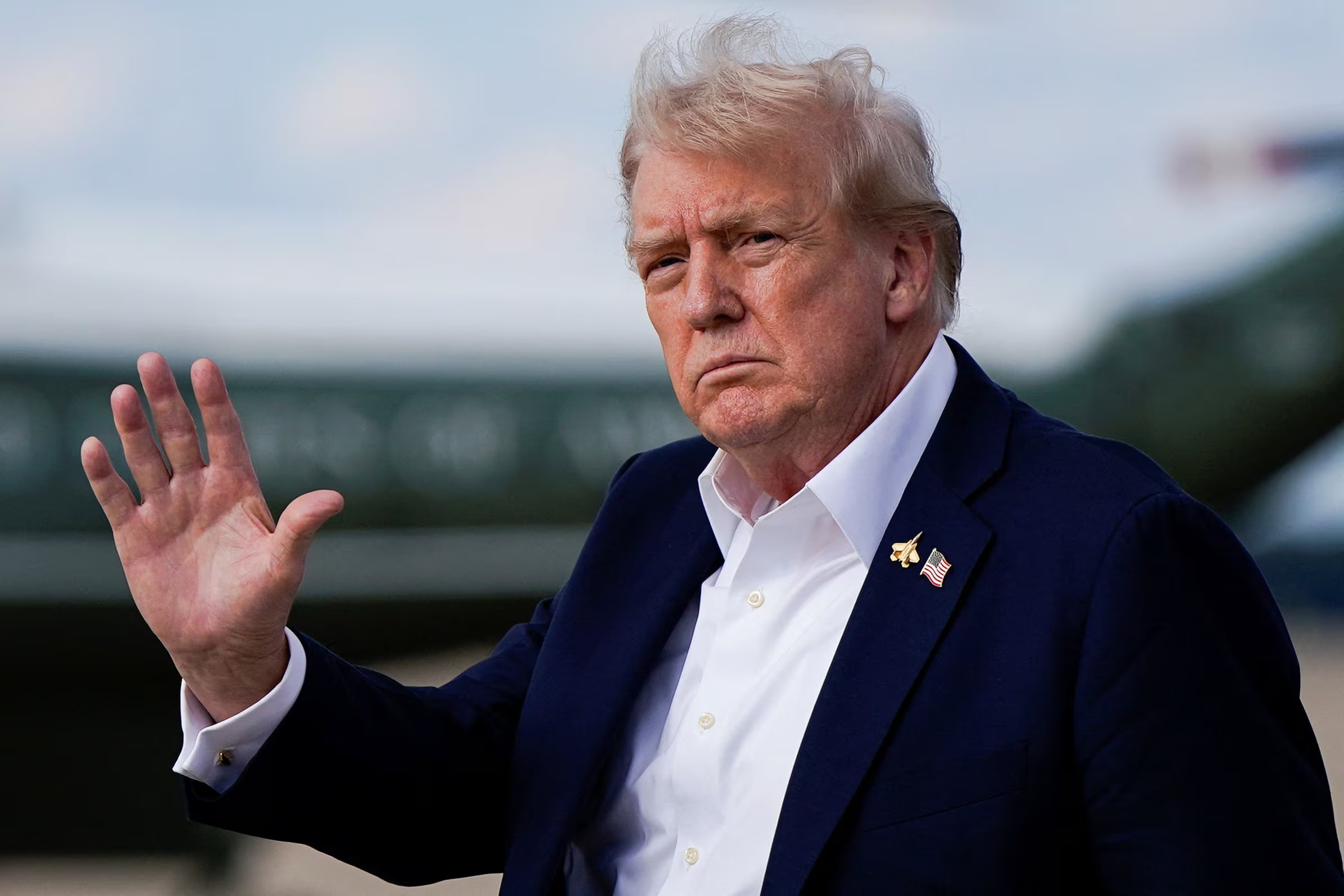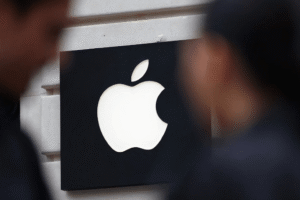
Trump Demands Microsoft Fire Global Affairs Chief Lisa Monaco
Microsoft in Political Crossfire
Donald Trump has called on Microsoft to terminate Lisa Monaco, its president of global affairs. He argued that Monaco’s prior service under Barack Obama and Joe Biden, combined with her current role, grants her access to “Highly Sensitive Information” that he deems unacceptable.
Monaco joined Microsoft in May, overseeing cybersecurity policy and government relations. Trump emphasized her former positions as a national security aide under Obama and deputy attorney general under Biden. Earlier this year, he also rescinded Monaco’s security clearance, along with that of Biden, Kamala Harris, Hillary Clinton, and other Democratic leaders.
Escalating Criticism of Microsoft
A Microsoft spokesperson declined to comment on Trump’s statement. However, Monaco’s hiring has already drawn scrutiny from far-right activists. Laura Loomer, a Trump ally, criticized Microsoft for employing Monaco and repeatedly targeted CEO Satya Nadella in public posts. Loomer also renewed her calls to cancel Microsoft’s government contracts following Trump’s remarks.
This criticism underscores the heightened political pressure facing the company as it manages its position at the intersection of technology, security, and governance.
Broader Pattern of Executive Pressure
Trump’s demand is not an isolated case. Since returning to office, he has targeted other executives in the technology sector. Earlier this year, he pressed Intel President Lip-Bu Tan to resign, citing conflicts of interest. After Intel granted the government a 10% stake in exchange for Biden-era funding, Trump shifted tone, later describing Tan as a “Highly Respected Chief Executive Officer.”
This shifting posture highlights how corporate leaders are navigating unpredictable scrutiny as the administration intensifies its oversight of technology firms with government ties.
Implications for Corporate Governance
Microsoft’s silence on the issue reflects the delicate balance large companies must strike between political dynamics and business priorities. With Monaco’s role tied directly to cybersecurity and government relations, the pressure illustrates the broader challenges of leadership in an era where corporate appointments are politicized.
The incident also raises questions about how much influence government leaders should exert over private-sector executive roles, particularly in industries like technology and cybersecurity that remain critical to national interests.
How should global corporations navigate political demands while safeguarding executive leadership autonomy?
Explore Business Solutions from Uttkrist and our Partners’, Pipedrive CRM [2X the usual trial with no CC and no commitments] and more uttkrist.com/explore


